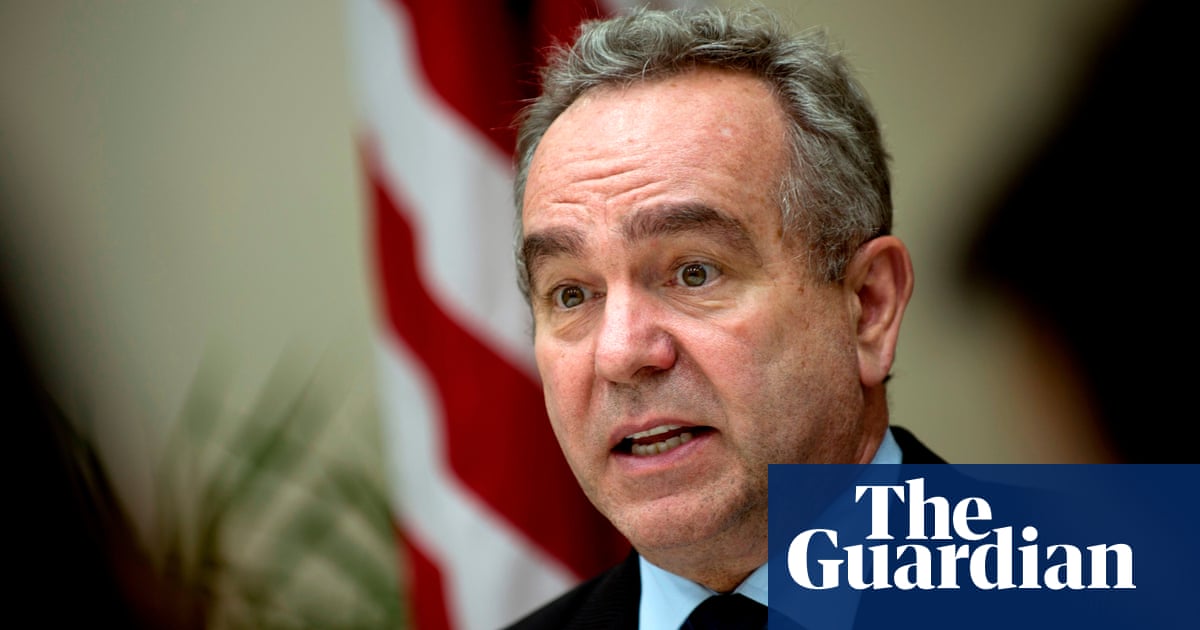The Pacific may be the part of the world most likely to see “strategic surprise”, the US Indo-Pacific coordinator Kurt Campbell has said, in comments apparently referring to possible Chinese ambitions to establish Pacific island bases.
Campbell told Washington’s Center for Strategic and International Studies that the United States has “enormous moral, strategic, historical interests” in the Pacific but had not done enough to assist the region, unlike countries such as Australia and New Zealand.
“If you look and if you ask me, where are the places where we are most likely to see certain kinds of strategic surprise – basing or certain kinds of agreements or arrangements – it may well be in the Pacific,” he told an Australia-focused panel.
Campbell called it the issue he was “most concerned about over the next year or two”, adding: “And we have a very short amount of time, working with partners like Australia, like New Zealand, like Japan, like France, who have an interest in the Pacific, to step up our game across the board.”
Campbell did not elaborate on his basing reference, but lawmakers from the Pacific island republic of Kiribati told Reuters last year that China has drawn up plans to upgrade an airstrip and bridge on one its remote islands about 3,000km (1,860 miles) south-west of the US state of Hawaii.
Construction on the tiny island of Kanton would offer China a foothold deep in territory that had been firmly aligned to the United States and its allies since the second world war.
Kiribati said in May the China-backed plans were a non-military project designed to improve transport links and bolster tourism.
Campbell said ways the United States and its allies needed to do more in the Pacific included countering Covid-19, over the issue of fishing, and in investment in clean energy.
Campbell followed up on remarks he made last week that Washington needed to “step up its game” on economic engagement in Asia.
He said Australia had privately urged the United States to understand that as part of its strategic approach, it needed “a comprehensive, engaged, optimistic, commercial and trade role”.
Campbell has touted the so-called Aukus pact, under which the United States and Britain have agreed to help Australia acquire nuclear submarines – as well as summits between the United States, Australia, India and Japan – as evidence that US partnerships are causing China “heartburn”.
But some Indo-Pacific countries, many of which count China as their largest trading partner, have lamented what they consider insufficient US economic engagement after Donald Trump quit a trade deal now called the Comprehensive and Progressive Agreement for Trans-Pacific Partnership.
Biden told Asian leaders in October that Washington would launch talks on creating an Indo-Pacific economic framework, but few details have emerged and his administration has avoided moves towards rejoining trade deals that critics say threaten US jobs.
Australia’s Washington ambassador, Arthur Sinodinos, told the CSIS panel that Australia continued to raise the issue with the US Congress and “we haven’t given up hope” of a reconsideration of US trade policy.
